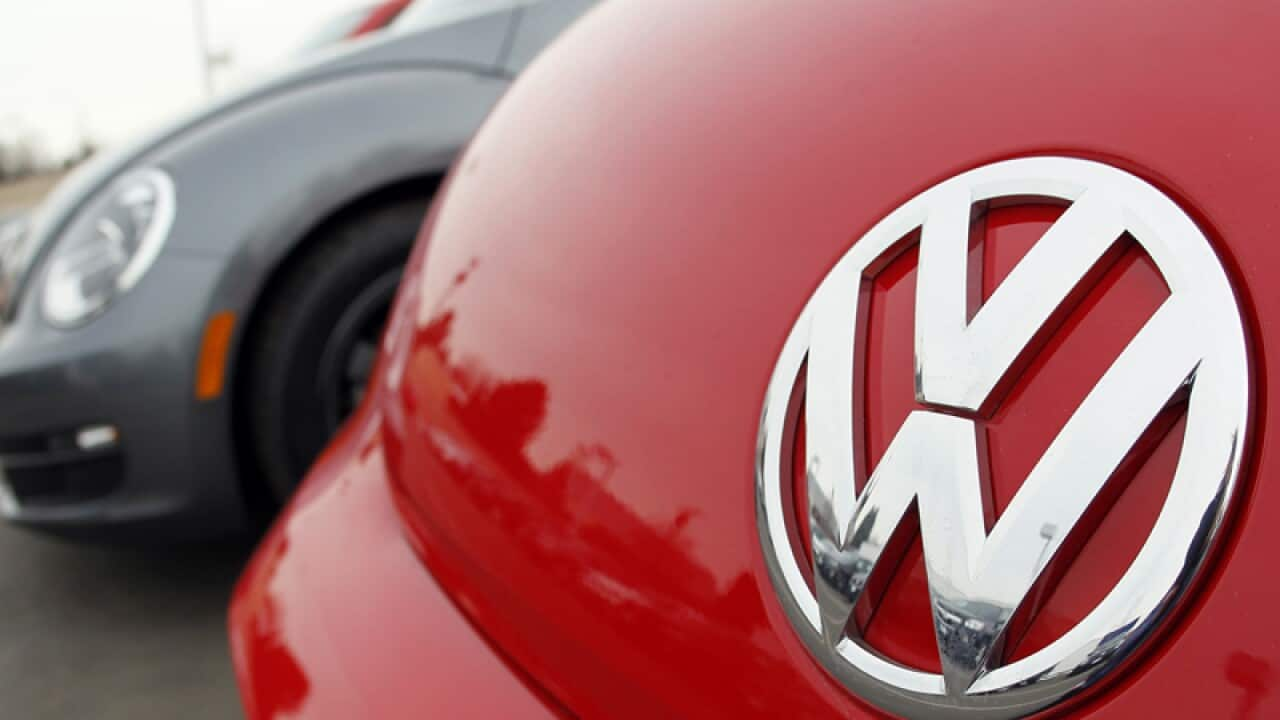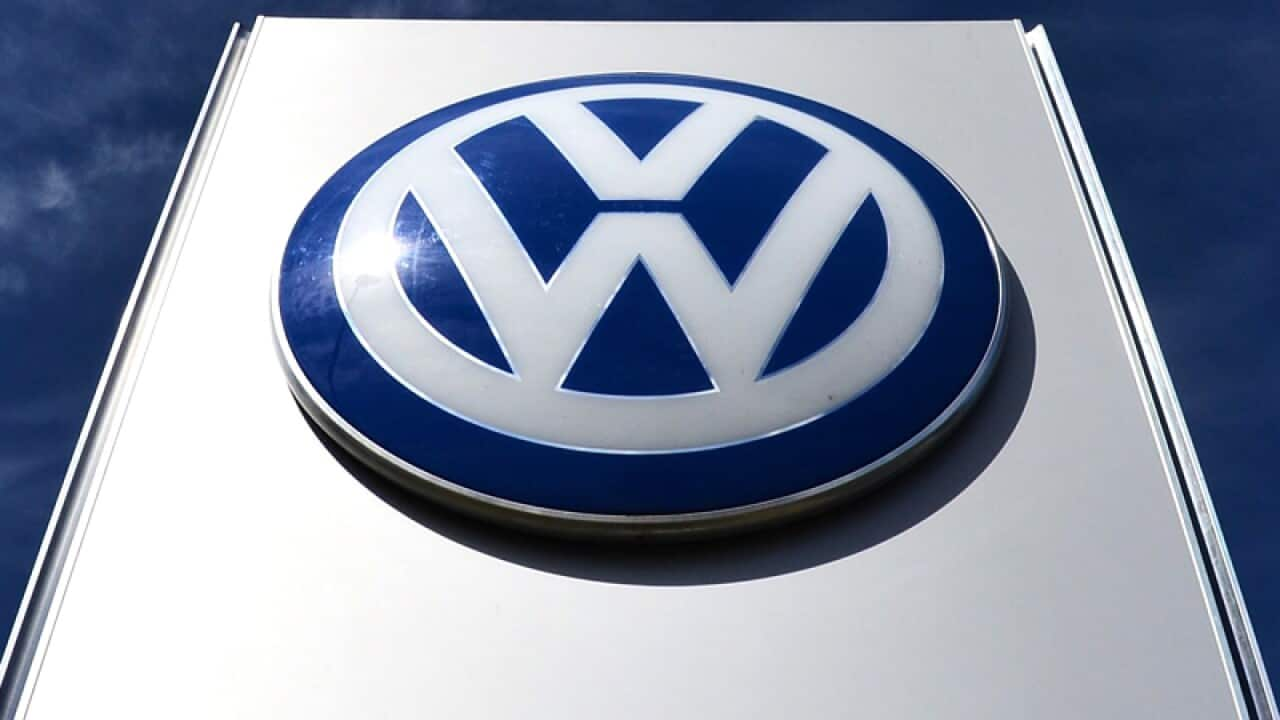Remember the Palm Pilot? Probably not if you’re under 30, but they were the iPhone of the 90s; the must-have shiny-precious that replaced the filofax (and you have to be over forty to remember them).
Palm was already struggling when Steve Jobs launched the iPhone, but Ed Colligan, the company’s CEO, wasn’t much fussed. “We’ve learned and struggled for a few years here figuring out how to make a decent phone,” he said. “PC guys are not going to just figure this out. They’re not going to just walk in.” But of course they did, and not just Apple. Most of the smart phones in the world now run Google’s operating system, Android.
The same ‘PC guys’ are currently hiring thousands of engineers from the automotive industry and in August Elon Musk’s latest electric car, the Tesla Model S, scored 103 out of a possible 100 (that’s not a typo) from Consumer Reports in the US.
Last week, the old school car makers took a hit when Volkswagen fessed up to cheating on emissions tests and dumping millions of tons of greenhouse gas into the atmosphere on the sly. A poor week for former GM and BMW exec Bob Lutz to take Ed Colligan’s hutzpah out of the cupboard for a little spit and polish. “When it comes to actually making cars," Lutz said, "there is no reason to assume that Apple, with no experience, will suddenly do a better job than General Motors, Ford, Volkswagen, Toyota or Hyundai.”
Apple, said Lutz, was about to pour it’s capital into a gigantic money pit, although he did concede that with so much money stashed under the bed, the tech giant could afford to burn through 30 or 40 billion dollars without anybody noticing.
The VW scandal, however, can only make things worse for the old industry giants. Sigmar Gabriel, Germany’s economics minister, worries aloud that VW’s sins will tarnish the national brand, a perception of strength, reliability and trust that rests in large part on decades of over-performance by the country’s car manufacturers, of which VW is the market leader.
Apple doesn’t comment on vapourware, but the rumours surrounding ‘Project Titan’, the reported name of its ever growing automative division, are generating the same sort of heat as surrounded the iPhone before its launch. reports a tentative release date of 2019 for the iCar. It will almost certainly be electric, like the Tesla, but probably not self-driving at first. Meanwhile Google shares none of its rival reticence. It has been openly testing and talking about it’s autonomous vehicle for years, releasing data on how many miles the spooky driverless vehicles have clocked up (over a million) and the number of accidents in which they’ve been involved (14 minor bingles, none of them the autobot’s fault, according to el Goog).
Google, which once sat on the board of Apple, also took a seat on the board of Uber, the great disruptor of the taxi industry. It invested hundreds of millions of dollars in the ride-sharing app back in 2013, but having developed its own similar app, relations have cooled a little since. Uber, for its part, is spending a chunk of its $US51 billion market cap on autonomous vehicles, presaging a future in which you don’t own a car, you just hail one of the Johnny-Cab from Arnold Schwarzenegger’s sci-fi classic, Total Recall.
Related reading

UberX 'cheaper than taxis nine times out of 10'
Uber, basically a pirate taxi company at this point in time, is now bigger by market capitalisation than General Motors, and the stock market isn’t backing them because they’re eating the lunch of resentful cabbies all over the world. That 51 billion is a bet on the future of the planet’s transport infrastructure. The areas in which the major players intend to compete seems to be the future vehicle’s power source, with electric being the preferred option, and control scheme, with a sort of AI taking the wheel in place of its human passengers.
There’s no guarantee Uber, or Apple or Google or Tesla will become the new GM of the 21st century. But somebody will. And it probably won’t be Volkswagen. Or GM.
John Birmingham is a Brisbane-based writer.










